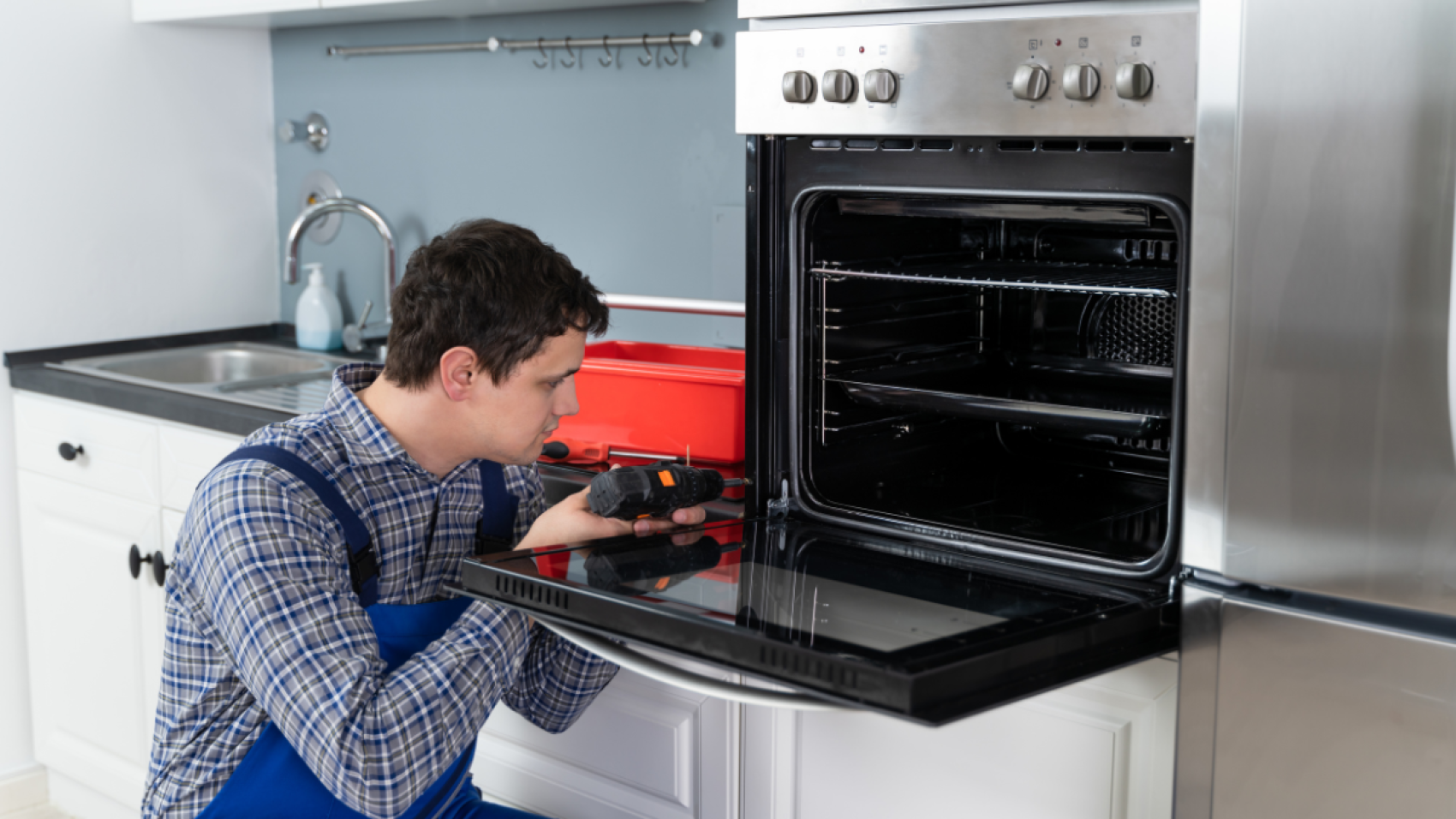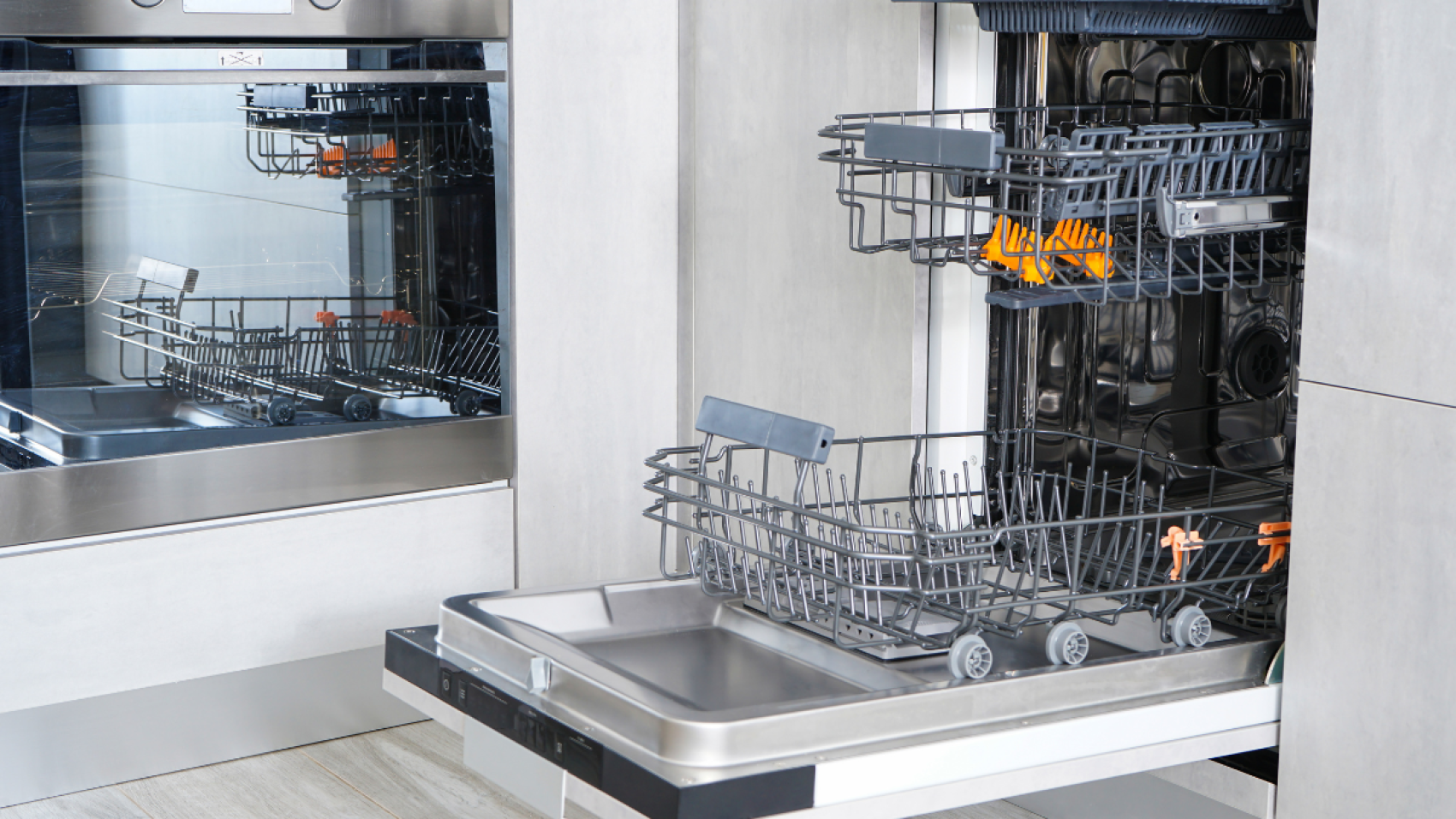Common Oven Problems – Common Reasons for Your Oven Not Working
If your oven has stopped working, it can be a frustrating and inconvenient experience. An oven can malfunction for several reasons, ranging from minor issues to major problems that require professional repair. In this article, we’ll explore the common reasons for your oven not working and provide some solutions to help you get it up and running again.
Table of Contents
- Introduction
- No Power Supply
- Faulty Heating Element
- Damaged Thermostat
- Broken Igniter
- Malfunctioning Control Board
- Clogged Burner Holes
- Misaligned Gas Lines
- Overheating
- Door Issues
- Self-Cleaning Cycle Problems
- Conclusion
- FAQs
- How can I troubleshoot my oven when it’s not working?
- How can I maintain my oven to prevent it from malfunctioning?
- Can I fix my oven by myself, or do I need a professional?
- What should I do if my oven continues to malfunction after trying to fix it?
- What are the signs that my oven needs to be replaced?
1. Introduction
An oven is an essential kitchen appliance that many of us rely on for daily cooking. Whether you’re baking cookies or roasting a turkey, a functioning oven is necessary to get the job done. However, when your oven stops working, it can be a frustrating and stressful experience. In this article, we’ll explore the common reasons why your oven may not be working correctly and provide some solutions to help you get it up and running again.
2. No Power Supply
If your oven is not turning on at all, the first thing to check is the power supply. Make sure that your oven is plugged into an outlet and that the outlet is functioning correctly. You can test this by plugging in another appliance, such as a toaster, to see if it works. If the outlet is not working, you may need to replace it or check your circuit breaker to see if it has tripped.
3. Faulty Heating Element
If your oven is turning on but not heating up, the heating element may be faulty. The heating element is part of the oven that produces heat, and if it is damaged, the oven may not heat up correctly. You can test the heating element by turning on the oven and seeing if it heats up. If it doesn’t, you may need to replace the heating element.
4. Damaged Thermostat
The thermostat is part of the oven that regulates the temperature. If the thermostat is damaged or not calibrated correctly, the oven may not heat up or may overheat. You can test the thermostat by using an oven thermometer to see if the temperature matches the setting on the oven. If it doesn’t, you may need to replace the thermostat.
5. Broken Igniter
If you have a gas oven, the igniter is the part that lights the gas and creates the heat. If the igniter is broken, the oven will not heat up. You can test the igniter by turning on the oven and seeing if the igniter glows. If it doesn’t, you may need to replace the igniter.
6. Malfunctioning Control Board
The control board is part of the oven that regulates the various functions, such as temperature and timing. If the control board is malfunctioning, the oven may not function correctly. You can test the control board by resetting the oven and seeing if it works correctly. If it doesn’t, you may need to replace the control board.
7. Clogged Burner Holes
If you have a gas oven, the burner holes can become clogged with debris, causing the oven to not heat up correctly or at all. To fix this issue, you can clean the burner holes using a small brush or toothpick.
8. Misaligned Gas Lines
If you have a gas oven, the gas lines can become misaligned, causing the oven to not heat up or produce heat unevenly. To fix this issue, you may need to call a professional to realign the gas lines.
9. Overheating
If your oven is overheating, it can be dangerous and can cause damage to the oven. The most common cause of overheating is a malfunctioning thermostat, which can cause the oven to keep heating up even when it has reached the desired temperature. To fix this issue, you may need to replace the thermostat.
10. Door Issues
If the oven door is not closing properly, the oven may not function correctly. This can be caused by a damaged or misaligned door hinge or latch. To fix this issue, you may need to replace the door hinge or latch.
11. Self-Cleaning Cycle Problems
If your oven has a self-cleaning cycle, it can cause problems if not used correctly. For example, if there is a spill or debris in the oven, the self-cleaning cycle can cause it to burn and produce smoke. This can cause damage to the oven or even start a fire. To prevent this issue, make sure to clean any spills or debris from the oven before using the self-cleaning cycle.
12. Conclusion
A malfunctioning oven can be a frustrating and inconvenient experience. However, with some troubleshooting and maintenance, you can prevent or fix many common issues. If you’re not comfortable with DIY fixes, it’s always best to call a professional to avoid causing further damage or injury.
13. FAQs
1. How can I troubleshoot my oven when it’s not working?
You can troubleshoot your oven by checking the power supply, the heating element, the thermostat, the igniter, the control board, and the burner holes. You can also consult the manufacturer’s manual for troubleshooting tips.
2. How can I maintain my oven to prevent it from malfunctioning?
You can maintain your oven by cleaning it regularly, using it correctly, and avoiding spills and debris. You can also have it inspected and serviced by a professional on a regular basis.
3. Can I fix my oven by myself, or do I need a professional?
It depends on the issue and your level of comfort with DIY fixes. Some issues can be fixed easily, while others require professional expertise. If you’re not comfortable with DIY fixes or if the issue is complex, it’s always best to call a professional.
4. What should I do if my oven continues to malfunction after trying to fix it?
If your oven continues to malfunction after trying to fix it, you may need to call a professional to diagnose and fix the issue.
5. What are the signs that my oven needs to be replaced?
Signs that your oven needs to be replaced include frequent malfunctions, high energy bills, outdated technology, and visible damage or wear and tear.


